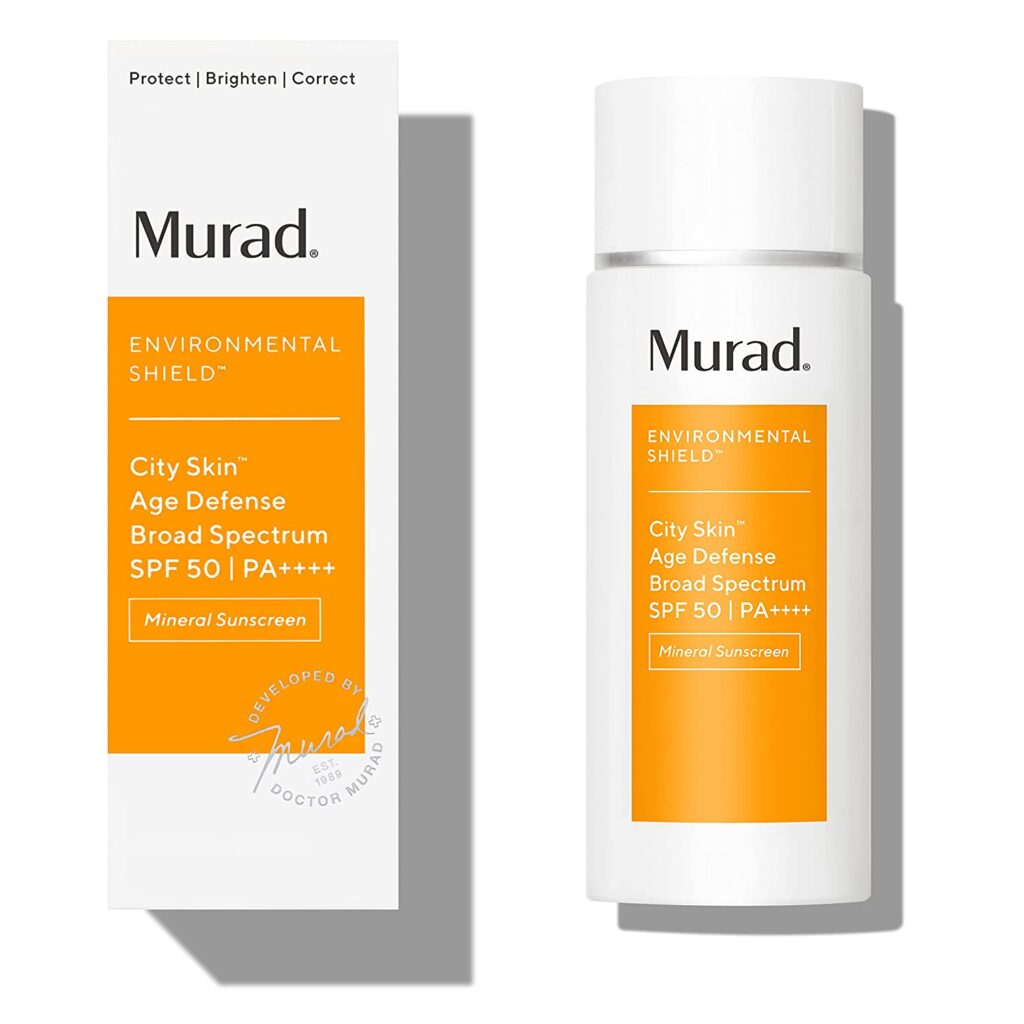Sunscreen is a crucial part of our skincare routine, especially when it comes to protecting our skin from harmful UV rays. However, there are often misconceptions and misunderstandings surrounding sunscreen. In this blog post, we will explore the truth about sunscreen, debunk common myths, and provide you with the information you need to make informed decisions about sun protection. Read More
- Understanding SPF: SPF stands for Sun Protection Factor and refers to the level of protection a sunscreen offers against UVB rays, which are responsible for sunburns. Contrary to popular belief, higher SPF doesn’t necessarily mean significantly better protection. SPF 30 provides excellent protection, blocking around 97% of UVB rays, while SPF 50 blocks around 98%. The key is to apply sunscreen generously and reapply every two hours.
- Broad-Spectrum Protection: Look for sunscreens labeled as “broad-spectrum” as they protect against both UVA and UVB rays. UVA rays penetrate deep into the skin and contribute to premature aging, while UVB rays primarily cause sunburns. Broad-spectrum sunscreens provide comprehensive protection against both types of rays.
- Apply Sunscreen Correctly: Many people underestimate the amount of sunscreen needed for effective protection. Apply a generous amount to cover all exposed areas of your body. Experts recommend using about one ounce (approximately a shot glass full) for each application. Don’t forget to apply it 15-30 minutes before sun exposure to allow proper absorption.
- Reapply, Reapply, Reapply: Sunscreen should be reapplied every two hours, or more frequently if you’re sweating or swimming. Even water-resistant sunscreens lose their effectiveness after a certain period, so it’s crucial to reapply regularly to maintain protection.
- Sunscreen and Skin Cancer: Regular use of sunscreen can significantly reduce the risk of skin cancer. Protecting your skin from harmful UV rays is one of the most effective ways to prevent skin cancer. Remember, sunscreen is not just for beach days but should be incorporated into your daily routine, regardless of the weather or season.
- Don’t Rely Solely on Sunscreen: While sunscreen is essential, it should not be the only method of sun protection. Seek shade during peak sun hours, wear protective clothing like hats and sunglasses, and use umbrellas or sun-protective clothing when possible. Sunscreen should complement these measures, providing an extra layer of defense.
- Sunscreen for All Skin Types: Regardless of your skin type or complexion, everyone needs sunscreen. People with darker skin tones may have a higher natural SPF, but they are still susceptible to skin damage and should use sunscreen regularly.
- Check the Expiration Date: Like any skincare product, sunscreen has an expiration date. Check the label and discard any expired sunscreen. Expired sunscreen may lose its effectiveness and not provide adequate protection.
- Choose the Right Sunscreen for You: Sunscreen comes in various forms, such as lotions, creams, gels, sprays, and sticks. Choose a sunscreen formulation that suits your preferences and works well with your skin type. Experiment with different brands and formulations to find the one that feels comfortable and provides the desired level of protection.
- Sunscreen for All Ages: Sun protection is crucial for people of all ages, including infants and children. Use sunscreen formulated for children with broad-spectrum protection and a minimum SPF of 30. Ensure proper application and reapplication for maximum effectiveness.
Conclusion: Understanding the truth about sunscreen is essential for proper sun protection and maintaining skin health. Remember to choose a broad-spectrum sunscreen, apply it generously and correctly, and reapply regularly. Sunscreen is just one part of a comprehensive sun protection strategy that includes seeking shade, wearing protective clothing,

